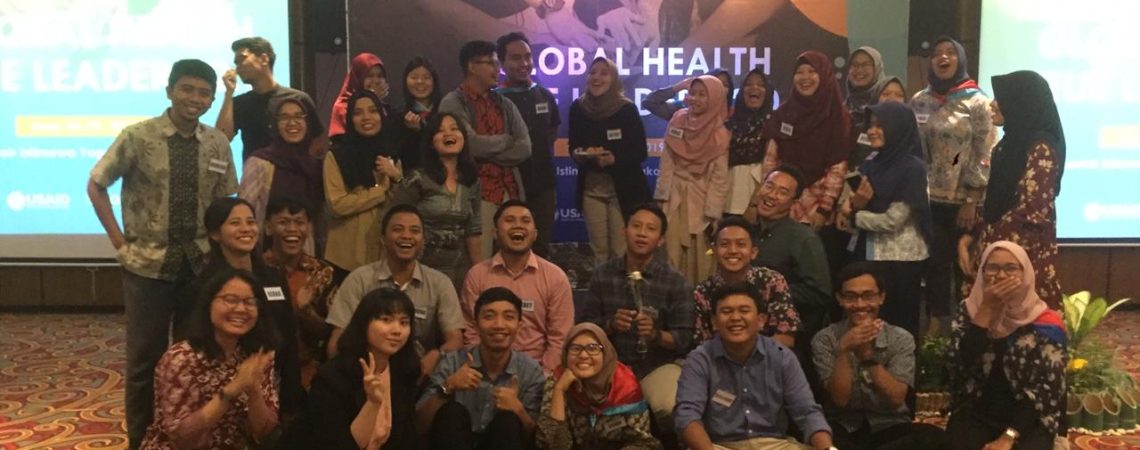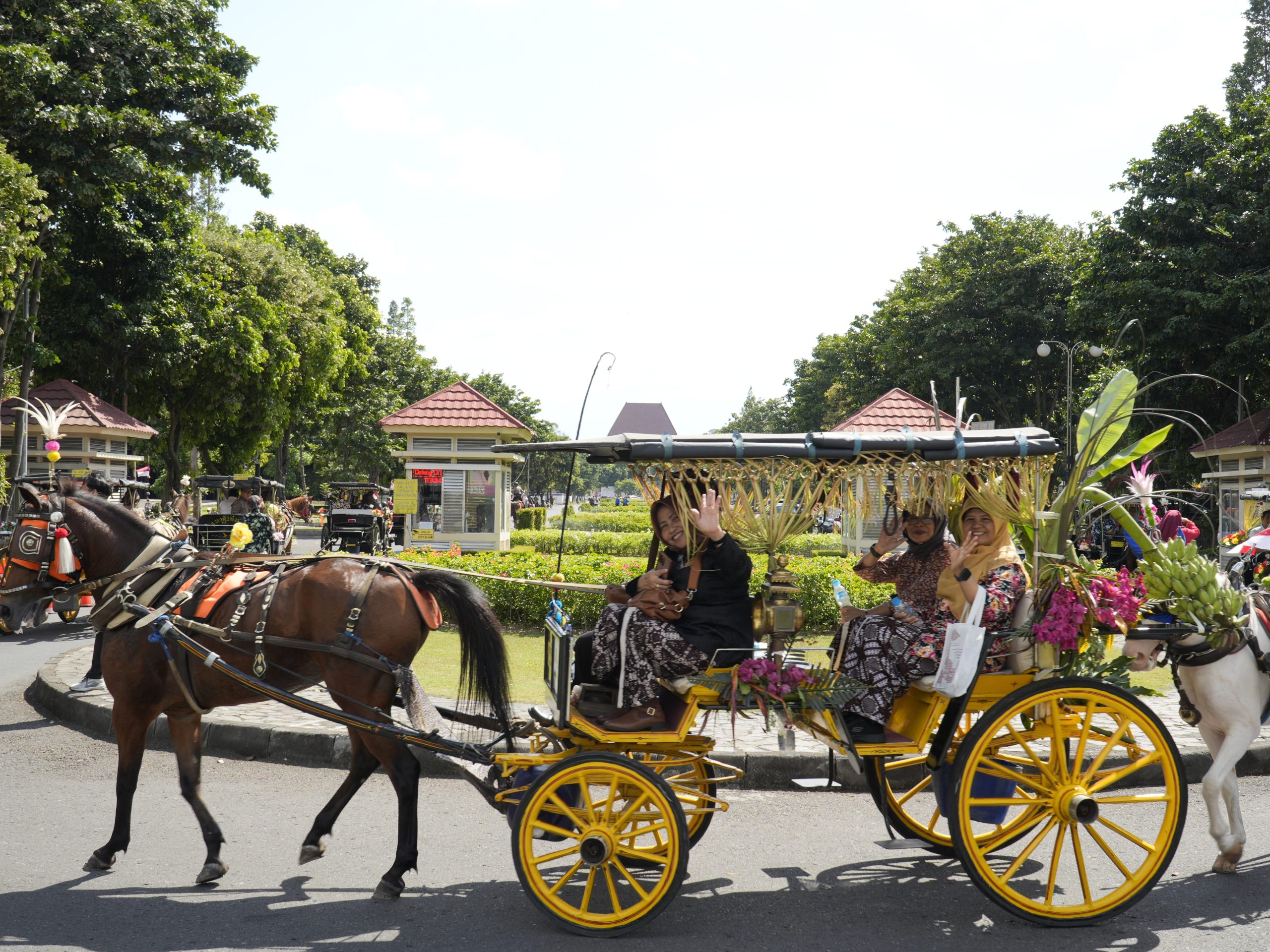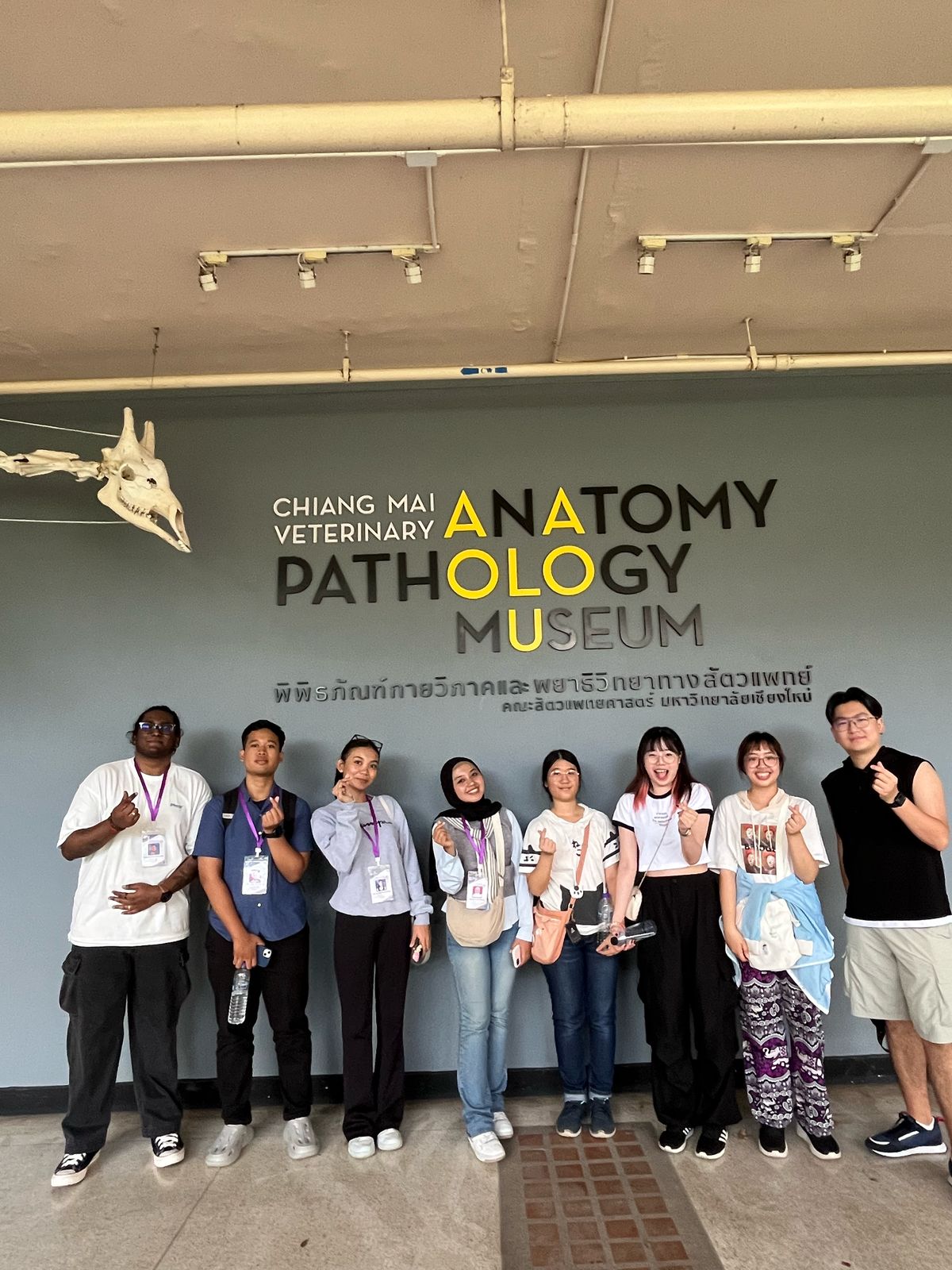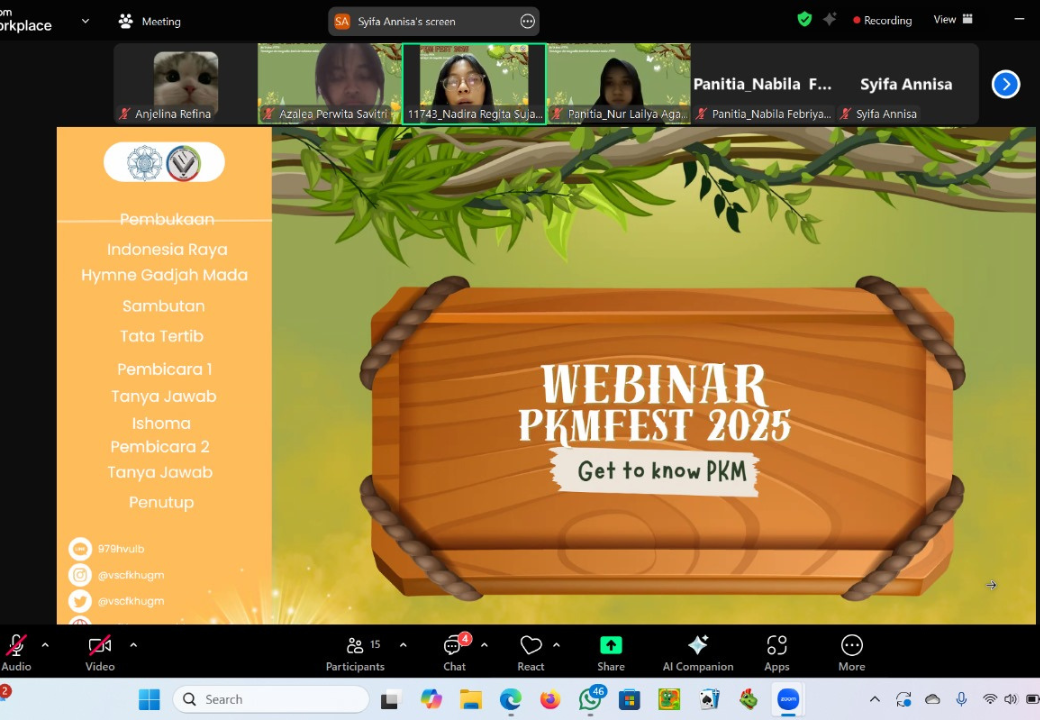Global Health True Leaders is a leadership training that focus on building and improving collaboration among health and health-related students to tackle global issues. It aims to strengthen the capacity to coordinate and collaborate, and to lead trans-disciplinary workforce team to prevent, detect, and respond to emerging global health threats. This will be a strategic investment to promote multidisciplinary work among One Health workforce from different professions, local government and related stakeholders in Indonesia. Global Health True Leaders 2.0 or for short GHTL 2.0 was held in Special Region of Yogyakarta from 24th to 29th June 2019 located in Alana Hotel.
The participants come from various health-related sectors such as Veterinary Medicine, Public Health, Medicine, Nursing, Biomedical Engineering, Science and Technology. The participants from the Faculty of Veterinary Medicine, Universitas Gadjah Mada are Abdurrahman Hanif, Hanifah Nisrina, Lazuardi Akmal Satriatama, and Joshua Alif Wendy. Joshua Alif Wendy is rewarded as the Best Participant of Global Health True Leaders 2.0 with his excellency.
GHTL 2.0 2019 theme is “Disaster Management” which will promote and raise awareness issue related to health impact, collaboration, and coordination after natural disaster. This training was divided into 2 main activities including in-class training and fieldwork. In-class training has brought up the silent impact after natural disaster issue, adaptive leadership in earthquake condition, also earthquake preparedness, response and rehabilitation plan. Moreover, the fieldwork will learn about community organizing and participatory development in community after the disaster.
The in-class training was led by various speakers throughout the training period. The lists are :
- Natural Disaster, Human, and Environment and also Globalization, Global Health, and Disaster by Bambang Surya Putra, M.Kom.
- Disaster Management Concepts by Suparlan Lingga
- Adaptive Leadership in Responding Earthquake by Dian Andry
- Comprehensive Disaster Management Policy and Legislation: A Further Look by Dr. Sudeepa Abeysinghe
- One Health Concept and Knowledge; Infectious Disease after Natural Disaster; Spreading of Infectious Disease after Natural Disaster; and Introduction to Epidemiology and Risk Analysis by Prof. Stanley Gordon Fenwick
- Health Program in Responding and Preventing Disease Outbreak after Natural Disaster by Danang Samsurizal, S.T.
- Strategic Plan for Disaster management in Yogyakarta (Drs. Biswara Yuswantana, M.Si)
- Social Communications during Natural Disaster; and Best Practice Disaster Management in Indonesia by Djati Mardiatno, Dr.rer.nat.
- The importance of Culture in Disaster Management and The Contribution of Human Psychology to Disaster Management by Diana Setiyawati, Ph.D. as a Psychologist
During the in-class training there are few exercises to increase the collaboration effort between participants. Those exercises are held by various speakers throughout the training and meant to strengthen the capacity to coordinate and collaborate between multidisciplinary to prevent, detect, reduce, and respond to threats in natural disaster issues. Those exercises are :
- Creating Emergency Policy for Disaster Management. Dr. Sudeepa Abeysinghe
- Identify Disaster and Its Impact to Human, Animal, and Environmental Health by Prof. Stanley Gordon Fenwick
- Creating Health Program for Health Outbreak after Natural Disaster by Danang Samsurizal, S.T.
- Social Communications during Natural Disaster by Djati Mardiatno, Dr.rer.nat.
The simulation of Natural Disaster with various roles was led by Dwi Handayani as a Senior Health Officer from International Federation of Red Cross and Red Crescent Societies in the Country Cluster Support Team for Indonesia and Timor-Leste. The simulation of the natural disaster of Special Region of Yogyakarta has brought us the new perspective and real-time condition on how to face natural disaster by using complex-problem solving, critical thinking, cognitive flexibility, and adaptive reasoning to overcome the natural disaster.





